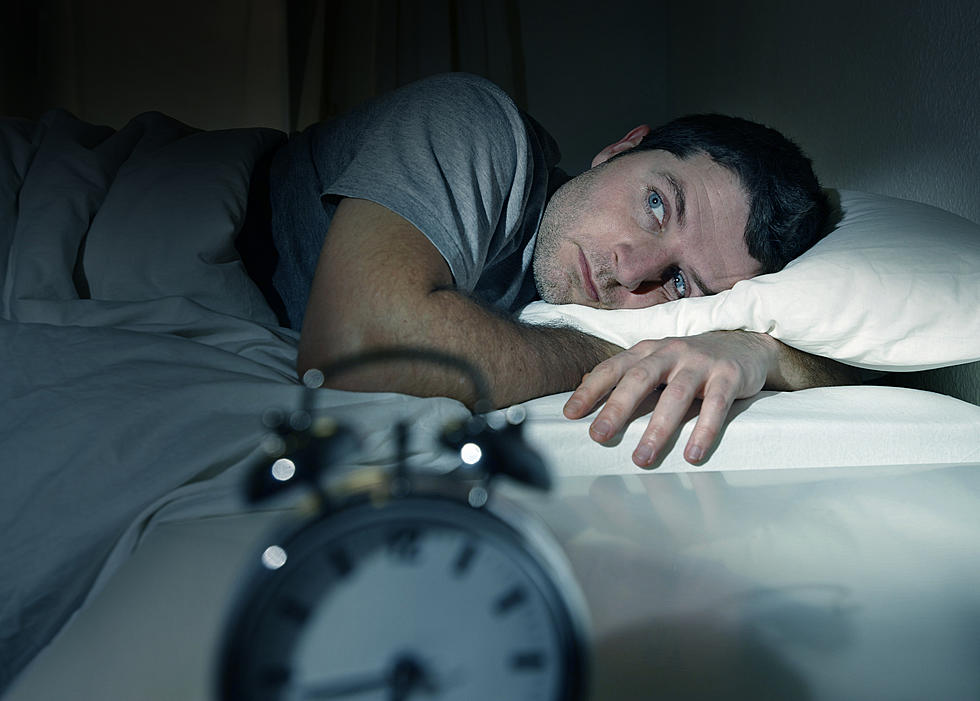
Zoo Wellness: Sleeping Well
How many hours of sleep do you regularly get each night? This is often how the subject of sleep is brought up. However, both over and under sleeping can lead to health problems such as weight gain, increased blood pressure, emotional imbalance, and inability to cope with stress. Here are some important questions to ask yourself to assess your sleep health.
Do you feel lethargic, like you have reduced reaction time during the day?
Do you feel your cognitive functioning and judgement is slightly impaired?
Does it take longer than 10 minutes to fall asleep at night? Do you fall asleep within 5 minutes of going to bed?
Do you struggle to get out of bed in the morning? Do you hit the snooze button?
Can you wake up at an appropriate time in the morning? Without an alarm clock?
Do you fall asleep during meetings, lectures, or other daily activities?
Do you rely on caffeine to wake you up in the morning?
Do you fall asleep after heavy meals or after one or two alcoholic drinks?
Do you sleep extra hours on the weekends?
Do you acquire sleep debt? (Needing 8hrs but only sleeping 5hrs = 3hrs sleep debt)
The answers to these questions can indicate signs of both sleep deprivation and over-sleeping. Perhaps you think six hours of sleep a night is enough? Sure, you might be able to function on six hours, but spending a couple hours sleeping could help your body and mind feel continuously energetic throughout the day. Maybe you think any lost sleep (sleep debt) can be made up on the weekends? This, however, is not the way you cure your sleep debt. This sort of debt is cumaltive. By sleeping 6hrs, you incur 2hrs of sleep debt nightly. By the weekend, that is ten hours of sleep debt or your entire Saturday spent sleeping. To cure sleep debt, it is best to acquire an extra hour of sleep each night until your debt is made up for. Trying to sleep all ten hours at once, or oversleeping, affects the melatonin levels in your brain and can cause over-production. This is most often experienced as sleepiness, lethargy, and impaired cognitive functioning throughout the day. Reducing and sleeping the same number of hours each night is the best way to combat over-sleeping.
Here are some easy tips for better sleep:
The recommended hours of sleep for adults (18+) is 7.5-9hrs.
For teens (12-18yo) is 8.5-10hrs.
Make sleep a priority.
Put sleep on the top of your to-do list. It will give you the energy to tackle the rest of your daily tasks and responsibilities.
Look at your weekly schedule and plan to sleep during the same hours each night.
This requires setting both bed and wake times.
Plan to sleep while it is dark and be awake while it is light outside.
Light stimulation plays a vital role in melatonin production and inhibition.
Turn off electronics 30 minutes before bed.
Light from mobile phones, TVs, computers, etc. can interrupt circadian rhythms.
Create a space for sleep.
Aim for a quiet, cool, dark, and comfortable environment. Ear plugs or white noise machines can reduce disruptions from sound. Don’t turn the heat up before bed, instead fold an extra blanket to keep on the foot of the bed. Eye masks help your eyes experience a blackout environment and induce deep sleep. Invest in a good pillow, soft blanket, and possibly even a mattress topper for optimal comfort. Also, avoid working or watching TV in your bedroom or bed. It is a relaxing environment, not a work space.
Reserve your bed for sex and sleep.
This enhances the connection between your bed/bedroom and relaxation. Working in bed will do the opposite.
Create a bedtime routine.
This is probably the most important because your brain will use these behaviors as cues to relax and go to sleep. Take slow deep breaths during this time. Turn off lights (leave only dim or red-lights on) and electronics, brush your teeth, drink a little water or sleepy tea, turn down the covers, do a light stretching routine, read a book. Relaxation is the goal during this bedtime routine.
Check your stress.
Focusing too much on falling asleep can stimulate the body’s stress response. Relaxation should always be your goal. Sleep will come naturally. Engage in deep breathing, then, starting at your feet, progressively relax each muscle in your body using these deep breaths. Visualize a peaceful, restful experience or place. Anytime thoughts or worries come up, try to refocus on your deep breaths and especially exhaling.
Exercise and meditate most days.
The biggest barrier to relaxation is the stored energy in our bodies. Try to go for a walk daily or hit the gym as regularly as possible. Creating a stretching routine before bed can help release any energy stored throughout the day. There are many youtube videos that provide relaxing stretches. Meditation especially helps quiet our inner dialogues that are often filled with worrisome or emotional thoughts. Exercise and stretching are forms of meditation but I encourage you to seek out other forms as well.
Avoid eating a meal less than 2 hours before bedtime.
Although, trying to sleep on an empty stomach can be just as detrimental to your sleep routine.
Don’t drink caffeine past 2pm in the afternoon.
Soon enough you might feel you don’t even need it! Switching to decaf can also help you fall asleep at night by reducing stored energy levels.
Can’t fall asleep?
- Don’t lay in bed. Get up and do something. Small preparations for the next day can lead to an easier morning. Eat a little snack, like carrots or veggies, but avoid sugar. Leave your bedroom and try to stretch and meditate in another environment for ten minutes. Writing in a journal can help clear your mind. Avoid looking at the clock during this time. Relaxation is our goal and noticing how much time has passed can lead to unnecessary stress.
- Change your current schedule by setting easily attainable goals.
- If you are currently not getting enough sleep, try to increase your total sleep time by half-hour increments, every other night until you reach overall goal. You can go to bed earlier or wake up later. If you are currently over-sleeping, try to wake up or go to bed a half an hour earlier each day until you're going to bed and waking up at the times you desire.
Good luck on your sleep journey!
More From 96.9 Zoo FM









